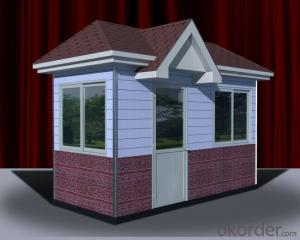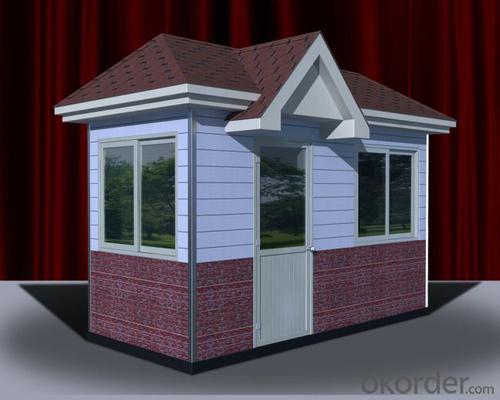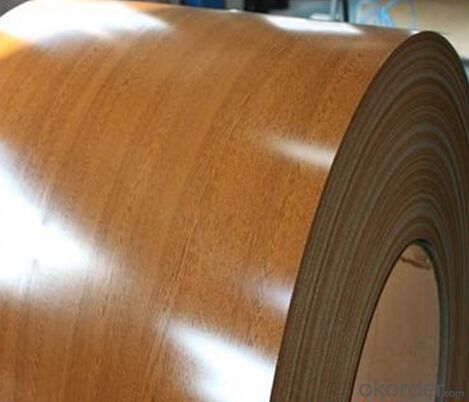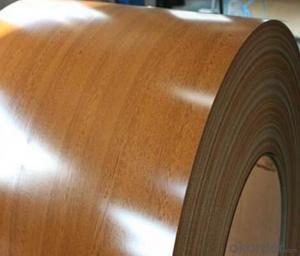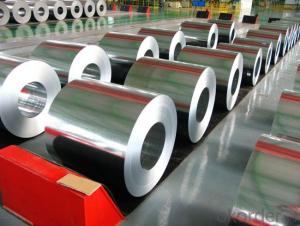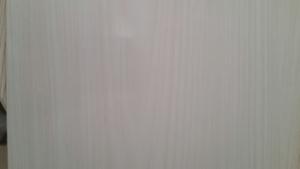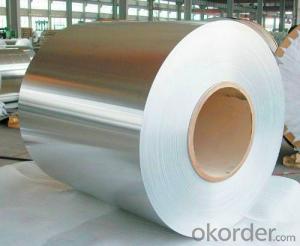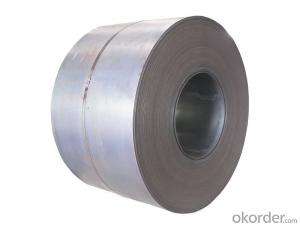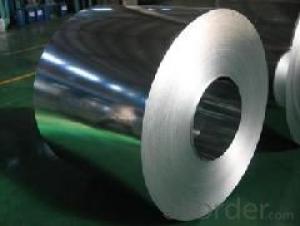Printing Steel Sheet of Good Quality and Every Size
- Loading Port:
- China main port
- Payment Terms:
- TT OR LC
- Min Order Qty:
- 25 m.t.
- Supply Capability:
- 100000 m.t./month
OKorder Service Pledge
OKorder Financial Service
You Might Also Like
1. Description of the Printing Steel:
Printing steel plate is the product based on the metal sheet, of which surface is finally installed of the plastic film (PVC,PE) in addition to being firstly covered with the coating and printed ink in .The coated layer of printing steel plate consists of printing steel plate consists of chemical and filming layer, primer coated layer, pattern printed layer and surface coated layer. The top and back coating shall generally be the application of the weatherproof paint, as well can be the application of the paint with special capabilities such as stain-resistant, self cleaning capability, high thermal resistance, antistatic capability, sterilizing capability, finger-print prevention and etc.
2.Main Features of the the Printing Steel:
• Excellent corrosion resistance
• High temperature oxidation resistance
• High hot reflectance
• Good manufacturability
•Beautiful appearance
•Surface coating
•Cost-effective
3.Printing Steel Images
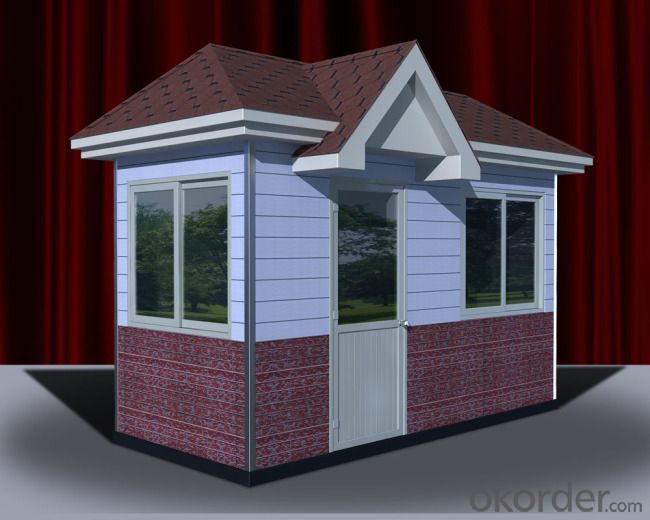
4.Printing Steel Specification
Available Specification
PRINTING STEEL | |
BASE MATERIAL | HDGI,ALUZINC,CR |
GRADE | SGCC,DX51D,ASTMA653,EN10142,S350GD |
THICKNESS | 0.20-0.80 mm |
WIDTH | 600-1250 mm |
ZINC COATING | 60-200 g/ m2 |
PAINT | PE,PVDF,SMP,HDP |
COILED | 508mm
|
COIL WEIGHT | 3-6 mt |
Main Test Standard
PRINTING STEEL | |
TBENDING | 0-3T |
PENCIL HARDNESS | ≥2H |
IMPACT | ≥9J |
MEK(TIME) | ≥100 |
SALT SPRAY | ≥720HR |
ACID STABILITY | Dip in 5%HCI liquor for 300hr,no bubble,no color change and no peel-off |
ALKALI RESISTANCE | Dip in 5% NaOH liquor for 300hr,no bubble,no color change and no peel-off |
5.FAQ of the Printing Steel
We have organized several common questions for our clients,may help you sincerely:
1.What advantages do your products have?
Firstly, our base material is of high quality, Their performance is in smooth and flat surface,no edge wave ,good flexibility.
Secondly, high quality zinc ingoats, 97.5% zinc,1.5% silicon,1% others, the same zinc coating measured by metal coating thickness or by zinc weight
Thirdly, high precision: Tolerance strictly according to ASTM or JISG standard even more rigid.
We have full stes of testing equipment(for t best, cupule,chromatism,salt spray resistance, etc) and professional engineers.
2.How to guarantee the quality of the products?
We have established the international advanced quality management system,every link from raw material to final product we have strict quality test;We resolutely put an end to unqualified products flowing into the market. At the same time, we will provide necessary follow-up service assurance.
3.What advantages does your company have?
Cement : Annual capacity of 400 million tons, No. 1 in the world
Fiberglass: Annual capacity of 1 million tons fiberglass, No. 1 in the world.
Composite Materials — Carbon Fiber: Annual capacity of 10,000 tons PAN precursor and 4,000 tons carbon fiber, No. 1 in China
Composite Materials — Rotor Blade: Annual production capacity of 15,000 pieces, No.1 in China, Top3 worldwide
Glass: CNBM owns about 20 modern float glass product`ion lines, With annual capacity of 10 million square meters glass.
Light Weight Building Materials: Annual capacity of 1.65 billion square meters of gypsum board, No. 1 in the world.
Commercial concrete: Annual capacity of 0.35 billion cubic meters, No. 1 in the world.
Refractory Material: Annual capacity of 40,000 tons casting refractory, No.1 in the world.
- Q: What are the common coil tests performed for quality control?
- The common coil tests performed for quality control include dimensional measurements, visual inspection for defects or damage, hardness testing, tensile strength testing, and surface finish evaluation.
- Q: What are the main factors that affect the price of steel coils?
- The main factors that affect the price of steel coils are the cost of raw materials, supply and demand dynamics, production and transportation costs, changes in government policies and regulations, and global economic conditions.
- Q: All of my friends say that if a car made of mostly carbon fiber would crash into a full steel car, or vice versa, the steel car would be DESTROYED and the carbon fiber would drive away, if not, easily repairable.
- At a reasonably high speed, both cars would be undrivable. That's by design, not due to the strength/weakness of the materials. The energy in an impact needs to go somewhere. Cars are designed so the body and the frame will bend and break, reducing the impact on the occupants. If the car is too rigid the chances of the occupants being injured increases. Carbon fiber composites do have a better strength to weight ratio than steel but they're also a lot less dense, so the same volume of material will have a similar strength. The primary benefit to carbon fiber is that for a part of the same strength the carbon fiber part will weigh less than the steel part.
- Q: explain what happen if carbon steel is exposed to an oxygen rich atmosphere at elevated temperature inside a furnace.
- Assuming the steel isn't actually melted, two things will happen. First, a layer of iron(ii) oxide, FeO will slowly develop on the surface, getting thicker over time. This layer is usually poorly bonded to the metal surface, it tends to flake off, exposing fresh metal. This is known as mill scale, it's also known as wustite which is the mineral term. Second, the surface of the steel will become decarburized, essentially becoming pure iron, not steel. The depth of the decarburized layer depends on the temperature, time, and the diffusivity of carbon in the steel at the given temp. This has some implications to engineering, in hot-rolling or forging of steel shapes for example. It's often the case that the stress and strain in a material is greatest at or near the surface. Therefore the weakened, decarburized layer at the surface may have a much greater detrimental effect on the steel's performance than might be expected. In a more specific example, die and tool steels depend on their carbon content for their strength and wear resistance, Therefore if such steels are heated in an oxidzing atmosphere, wear resistance is totally destroyed: The thin decarburized iron layer will be extremely soft and malleable.
- Q: I've been looking for lots of info on this steel. Cold Steel uses it now in their knives replacing the AUS-8 steel. I was hoping somebody had a knife with this steel who could give me some real first hand knowledge not just numbers. Thanks!
- I carry a french knife that has been made the same way for 400 years , the manufacturer is called Opinel,...they fold up and are carbon steel and for what I do are very period correct for anything from 1700's through 1800's...any way they are very good and come in like 5 different sizes.... check and see if they have a web site....
- Q: How do steel coils contribute to the circular economy?
- Steel coils contribute to the circular economy by enabling the recycling and reuse of steel. When products reach the end of their life cycle, steel coils can be easily melted down and repurposed to create new products. This reduces the need for extracting virgin materials, saves energy, and minimizes waste. Additionally, the durability and long lifespan of steel coils ensure that they can be used in multiple cycles, further promoting a sustainable and circular approach to manufacturing and consumption.
- Q: How are steel coils shipped internationally?
- To ensure the safe and efficient transportation of steel coils internationally, various methods are utilized. The most commonly employed technique involves container shipping, where steel coils are placed in standard shipping containers. These containers are specifically designed to handle heavy and bulky cargo like steel coils. To load the steel coils into the containers, they are typically stacked horizontally and secured with steel strapping or metal bands to prevent any movement during transit. This ensures stability and minimizes the risk of damage. Additionally, wooden or metal dunnage may be used to separate and secure the coils, further preventing any shifting. Once loaded, the containers are sealed and transported to the port using trucks or trains. At the port, the containers are loaded onto cargo ships utilizing crane or specialized equipment, such as roll-on/roll-off (RO-RO) vessels or semi-submersible ships. These ships provide a protected environment for the steel coils during the journey, shielding them from adverse weather conditions and potential damage. Throughout the voyage, the steel coils are subjected to various safety measures to prevent corrosion and maintain their integrity. These measures include the application of protective coatings, such as oil or special paints, as well as the use of desiccants or humidity control systems inside the containers to regulate moisture levels and minimize the risk of rusting. Upon arrival at the destination port, the containers are unloaded from the ship and transferred to trucks or trains for further transportation to their final destination. At this stage, the steel coils may undergo customs clearance and inspection procedures before being delivered to the intended recipients. In conclusion, the international shipping of steel coils requires careful planning, secure packaging, and the utilization of specialized containers and equipment to ensure their safe and successful transport.
- Q: How are steel coils used in the manufacturing of exhaust manifolds?
- Steel coils are used in the manufacturing of exhaust manifolds by being shaped and formed into the desired design and dimensions of the manifold. The coils are typically cut, bent, and welded together to create the necessary shape and structure of the exhaust manifold.
- Q: I have a steel string, Yamaha acoustic guitar that I am learning to play at home. But at school I use a rented nylon string guitar. I like the feel of the nylon strings better then the steel strings and i was wondering if i can just switch strings or if i should just get another guitar. Can anyone help?
- As okorder /..
- Q: How are steel coils packaged for shipping?
- Steel coils are typically packaged for shipping by placing them on wooden or steel pallets, securing them with steel bands or straps, and covering them with protective wrapping such as plastic or waterproof paper. This packaging ensures the coils remain stable, protected from corrosion, and are easy to handle and transport.
Send your message to us
Printing Steel Sheet of Good Quality and Every Size
- Loading Port:
- China main port
- Payment Terms:
- TT OR LC
- Min Order Qty:
- 25 m.t.
- Supply Capability:
- 100000 m.t./month
OKorder Service Pledge
OKorder Financial Service
Similar products
Hot products
Hot Searches
Related keywords
